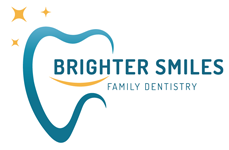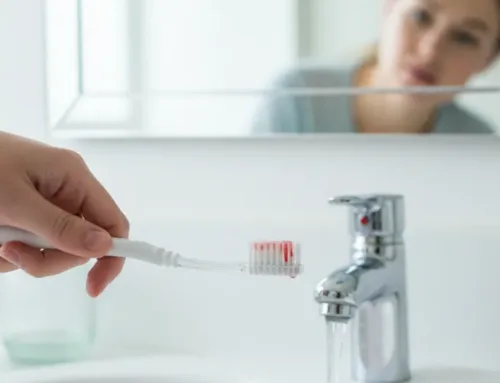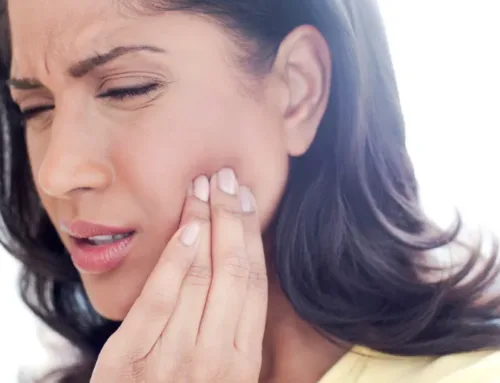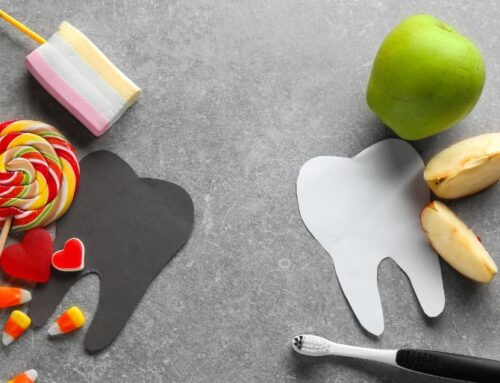
Why You Should Address Bad Breath Early
Lingering bad breath can hint at deeper dental issues that shouldn’t be overlooked. If left untreated, it could lead to more serious conditions, including problems like gum disease that might impact your overall well-being.
Taking steps to manage bad breath promptly with the right bad breath solutions not only helps keep your breath fresh but also supports your long-term oral health.
At Brighter Smiles Family Dentistry, we specialize in identifying the root causes of bad breath and providing effective solutions to keep your smile healthy and confident.
Understanding the Causes of Bad Breath
Bad breath can stem from various issues. From your diet to medical conditions, understanding bad breath causes is key to finding the right solution.
1. Dietary Choices and Their Impact on Breath
What you eat plays a big role in how fresh your breath is. Here’s how different foods can influence it:
2. Medical Conditions That Can Cause Bad Breath
Some health conditions are known to contribute to persistent bad breath. Common examples include:
3. How Dry Mouth (Xerostomia) Contributes to Bad Breath
A dry mouth can make keeping your breath fresh more difficult. Here’s how it affects you:
4. The Impact of Tobacco and Alcohol on Your Breath
Both tobacco and alcohol contribute significantly to bad breath. Here’s why:
Understanding the various causes of bad breath, from dietary choices to health conditions and lifestyle habits, is the first step in tackling the problem.
By making small changes to your diet, improving oral hygiene, staying hydrated, and addressing medical or lifestyle factors, you can significantly improve your breath. For persistent issues, it’s always a good idea to seek professional guidance to ensure there are no underlying health concerns.
Proven Solutions to Combat Bad Breath
Wondering how to stop bad breath? You’re not alone. Thankfully, there are home remedies and expert dental treatments available that can help you keep your breath fresh and your confidence high.
Solution #1. At-Home Remedies for Fresher Breath
There are many simple changes you can make to improve your breath:
Solution #2. Professional Treatments for Persistent Bad Breath
When home remedies aren’t enough, professional dental care is the next best option:
Solution #3. Long-Term Strategies for Maintaining Fresh Breath
Preventing bad breath in the long term requires consistency and attention to both your habits and health:
Common Myths About Bad Breath
Bad breath is often misunderstood, leading to common myths that can mislead people about its causes and solutions.
Myth 1: Bad Breath Only Happens from Poor Oral Care
While skipping brushing can cause bad breath, other factors like acid reflux, dry mouth, or medications also play a role. Even with good oral hygiene, you might still struggle with it. Getting professional help can identify the real issue.
Myth 2: Mouthwash Permanently Eliminates Bad Breath
Mouthwash may temporarily mask odors, but it won’t treat the underlying causes of bad breath. In fact, some alcohol-based mouthwashes can dry out your mouth, potentially worsening the problem over time. Opting for alcohol-free or dentist-recommended mouthwashes may offer better results.
Myth 3: Chewing Gum Fixes Bad Breath for Good
Chewing gum may freshen your breath briefly, but it’s not a permanent solution. It’s important to address the cause, whether it’s poor dental health or a medical condition, rather than relying on gum to mask the symptoms.
How Brighter Smiles Family Dentistry Can Help
Brighter Smiles offers expert solutions for bad breath, focusing on oral health assessments and personalized treatments.
Comprehensive Oral Health Assessments
At Brighter Smiles, we start with a thorough oral health assessment to uncover the root cause of your bad breath. Our detailed exams allow us to detect hidden issues like cavities, gum disease, or infections that may be contributing to unpleasant odors.
With state-of-the-art tools, we ensure no problem goes unnoticed, setting you on the path to fresher breath.
Customized Treatment Plans for Bad Breath
Once we’ve identified the underlying cause, we’ll create a personalized treatment plan tailored specifically to your needs.
Whether it’s treating gum disease, addressing dry mouth, or fixing tooth decay, we ensure that your treatment targets the source of the problem, giving you long-term relief from bad breath.
Schedule Your Consultation Today
Tired of dealing with bad breath? Let Brighter Smiles Family Dentistry help. Get expert advice and a treatment plan tailored just for you. Call now or book your appointment online—it’s the first step toward fresh breath and a confident smile!

About the Author
Brighter Smiles Family Dentistry, led by Dr. Melani Fulton, upholds a legacy of exceptional dental care in West Des Moines, IA. Dr. Fulton, a University of Iowa College of Dentistry alumna, specializes in family dentistry and orthodontics. She succeeded Dr. Dan Todd in 2021, continuing a tradition of patient-centered, high-quality dentistry. Committed to gentle, modern treatments, Dr. Fulton’s approach is deeply rooted in community values, ensuring every patient feels like family at Brighter Smiles.




